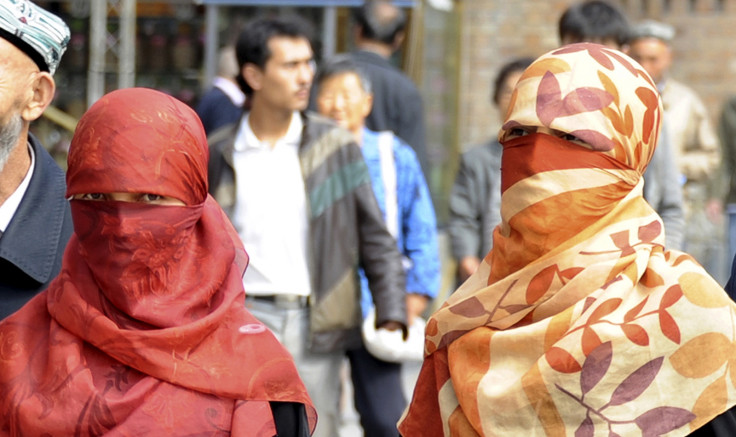China tightens immigration rules in Xinjiang to clamp down on Islamist separatists

China is tightening the screws on immigration and other policies in the restive Xinjiang province to clamp down on Islamist separatists, coinciding with the beginning of the Ramadan month. The administration has now made production of DNA samples mandatory while applying for immigration documents in a border prefecture.
According to Yili Daily, the official media in the Muslim-majority region, residents in the Ili Kazakh Autonomous Prefecture are required to submit not just their DNA samples but also their fingerprints and voiceprints when they seek any kind of immigration document. The documents include passports, entry permits to Taiwan, and travel permits for China-controlled Hong Kong and Macau.
The report by the Communist Party committee's daily said those who fail to adhere to the requirements will have their applications rejected. The Ili prefecture shares its border with Kazakhstan and close to 65% of them are ethnic minorities.
The latest clampdown comes alongside China's traditional ban on fasting in the region for Ramadan. Authorities have also asked restaurants to be kept open.
"Party members, cadres, civil servants, students, and minors must not fast for Ramadan and must not take part in religious activities. During the Ramadan month, food and drink businesses must not close," says a government notice in Xinjiang's Korla city.
China's Xinjiang Uighur region, which has about 24,000 mosques, has witnessed high tensions in recent years and most of the attacks are blamed on Uighur Islamist separatists. China has about 20 million Muslims and about 13 million of them are living in the Uighur autonomous region. Rights groups have accused the government's increasing pressure on the Uighur community for the rising tensions.
A recent white paper released by China's State Council hailed the government's steps to ensure the freedom in Xinjiang which "cannot be matched by any other period in history", according to AFP. It went on to say: "During the month of Ramadan, Muslim restaurants can decide whether they want to do business. There will be no interference. Local governments ensure that all religious activities during Ramadan go on in an orderly manner."
© Copyright IBTimes 2025. All rights reserved.






















